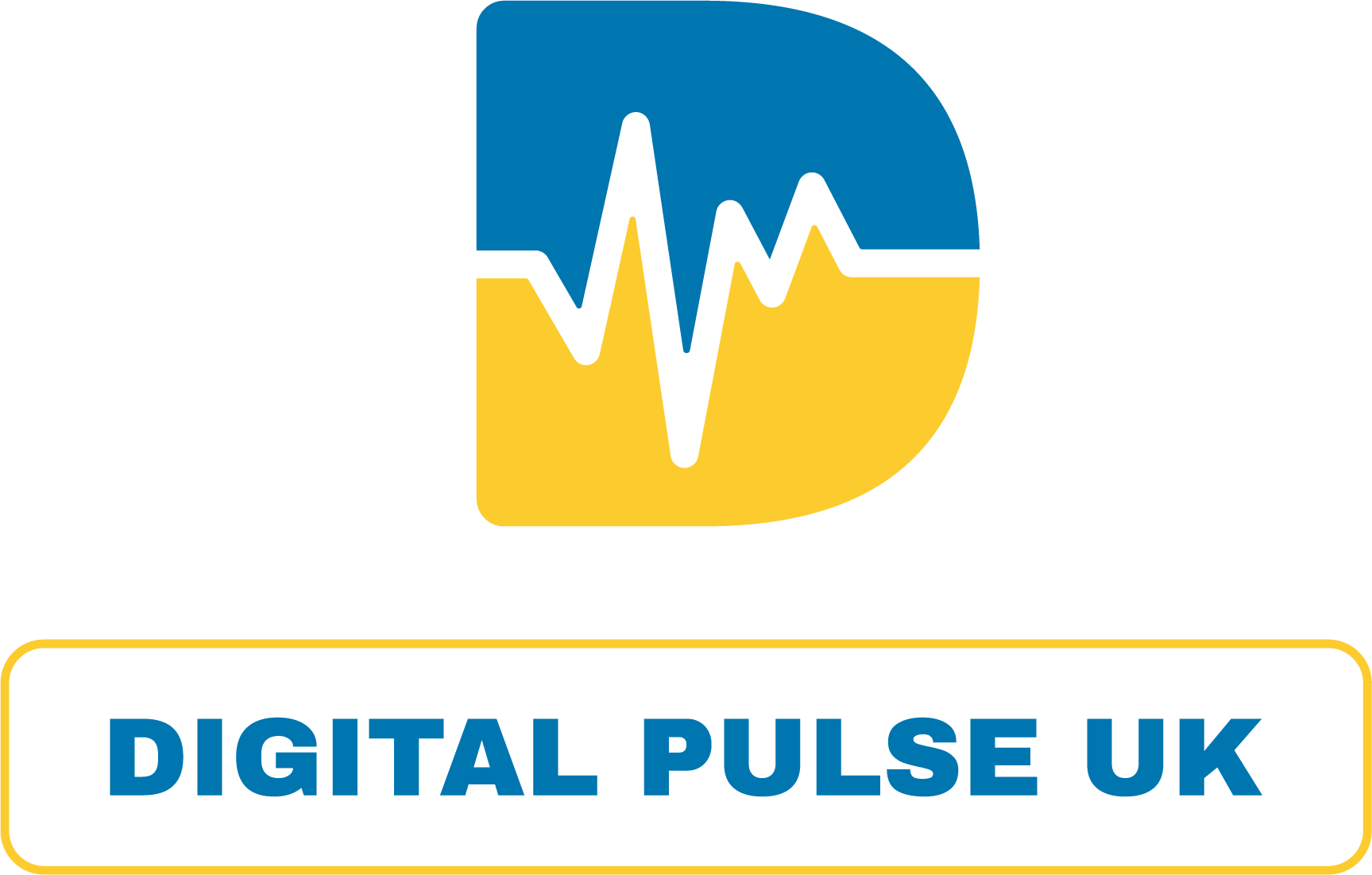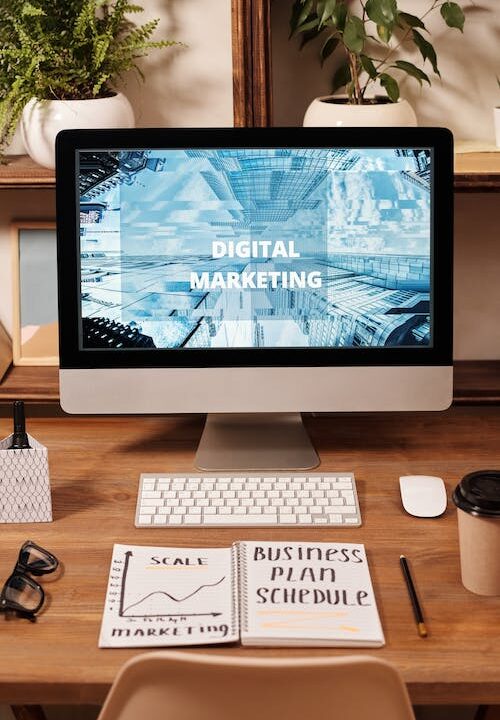In the dynamic digital landscape of 2024, having a visually appealing and user-friendly website is crucial for the success of any business. Whether you’re starting a new venture or revamping your online presence, the first step is to hire a web designer who can turn your vision into a captivating reality. This comprehensive guide will navigate you through the process of hiring a top-notch web designer in United Kingdom, ensuring your website stands out in the competitive online market.
Understanding the Importance of a Professional Web Designer
In the ever-evolving world of web design, staying current with the latest trends, technologies, and user preferences is essential. A professional web designer possesses the skills and expertise to create a website that not only looks aesthetically pleasing but also functions seamlessly. As you embark on the journey to hire a web designer in United Kingdom, consider the following key factors.
Clearly Define Your Requirements
Before diving into the hiring process, take the time to clearly define your project requirements. Consider the purpose of your website, your target audience, and any specific features or functionalities you envision. This initial step will not only streamline the hiring process but also help potential candidates understand your expectations.
Conduct Thorough Research

In the vast pool of web designers, conducting thorough research is vital to finding the right match for your project. Utilize online platforms, review websites, and social media to identify reputable web designers in United Kingdom Look for portfolios that showcase a diverse range of projects, demonstrating their ability to adapt to different styles and industries.
Check Credentials and Experience
When evaluating potential candidates, pay close attention to their credentials and experience. A web designer with a strong educational background and a proven track record of successful projects is more likely to deliver exceptional results. Look for certifications, relevant coursework, and testimonials from previous clients.
Assess Design Skills and Style
Every web designer has a unique style and approach to design. During the hiring process, assess their design skills by reviewing their portfolio. Consider whether their style aligns with your brand and if they can bring a fresh perspective to your project. A good web designer should be able to balance creativity with functionality, creating a visually stunning and user-friendly website.
Evaluate Technical Proficiency

In addition to design skills, technical proficiency is a crucial aspect of a web designer’s capabilities. Ensure that the candidates are well-versed in the latest web development technologies, coding languages, and responsive design principles. This will guarantee a website that not only looks great but also performs optimally across various devices and platforms.
Strong Communication and Collaboration Skills
Effective communication is key to a successful collaboration between you and your web designer. Choose a professional who can articulate ideas clearly, ask insightful questions, and provide regular updates on the project’s progress. A web designer with strong collaboration skills will ensure that your vision is accurately translated into the final product.
Discuss Budget and Timelines
Before finalizing your decision, have a transparent discussion about budget and timelines with potential web designers. Clearly outline your budget constraints and expectations regarding project deadlines. This will help you avoid any misunderstandings later on and ensure a smooth working relationship.
Navigating the Interview Process
Now that you’ve identified potential web designers in United Kingdom, it’s time to initiate the interview process. This step is crucial in gaining insights into a designer’s work ethic, problem-solving skills, and overall compatibility with your project. Here’s a guide on navigating the interview process effectively:
Ask About Their Design Process:
Inquire about their approach to web design projects. A seasoned web designer will have a systematic process, from initial brainstorming to the final implementation. Understanding their methodology ensures a smoother collaboration.
Discuss Project Challenges:
Pose hypothetical scenarios or discuss challenges you anticipate for your project. A skilled web designer should be able to navigate potential roadblocks and provide creative solutions. Their problem-solving ability is a testament to their expertise.
Explore Portfolio Projects in Detail:
Take a deep dive into their portfolio during the interview. Ask about specific projects, the challenges faced, and the outcomes achieved. This will provide a clearer understanding of their capabilities and the depth of their experience.
Inquire About Responsive Design:
With the prevalence of various devices, responsive design is non-negotiable. Ensure the web designer is well-versed in creating websites that adapt seamlessly to different screen sizes. A responsive design is essential for delivering an optimal user experience.
Communication During the Project:
Discuss their communication style and frequency during a project. Regular updates and open lines of communication are vital for a successful collaboration. Ensure that you and the web designer are on the same page regarding the preferred mode of communication.
Making the Final Decision

After a thorough interview process, you may find yourself on a shortlist of talented web designers. Making the final decision requires careful consideration of various factors. Here’s a guide to help you make an informed choice:
Review References:
Reach out to the designer’s references or clients from previous projects. Their firsthand experiences will provide valuable insights into the designer’s work ethic, reliability, and the overall satisfaction of their clients.
Consider Long-Term Collaboration:
Look beyond the immediate project. Consider whether the web designer demonstrates the potential for a long-term collaboration. A reliable partner who understands your brand can contribute significantly to future projects and updates.
Evaluate Flexibility and Adaptability:
The digital landscape is ever-evolving. Choose a web designer who exhibits flexibility and adaptability to new technologies and design trends. This ensures that your website remains relevant and effective over time.
Clarify Ownership and Maintenance:
Discuss ownership rights and ongoing maintenance. Ensure there is clarity on who owns the design elements and how updates or modifications will be handled post-launch. A transparent agreement will prevent potential conflicts in the future.
Negotiate the Contract:
Before finalizing the deal, thoroughly review and negotiate the contract terms. Clearly outline deliverables, timelines, payment schedules, and any other relevant details. A well-structured contract sets the foundation for a successful partnership.
FAQs
What are the key factors to consider when hiring a web designer?
When hiring a web designer, consider factors such as their experience, design style, technical proficiency, communication skills, and the ability to meet deadlines. It's crucial to review their portfolio and check for a diverse range of successful projects.
How do I define my project requirements?
Before hiring a web designer, clearly define your project requirements by considering the purpose of your website, your target audience, and any specific features or functionalities you envision. This clarity will guide potential candidates in understanding your expectations.
Why is technical proficiency important in a web designer?
Technical proficiency ensures that the web designer is well-versed in the latest web development technologies, coding languages, and responsive design principles. This expertise is essential for creating a website that not only looks appealing but also functions optimally across various devices.
What questions should I ask during the interview process?
During the interview process, inquire about the designer's design process, problem-solving skills, and experience with responsive design. Explore their portfolio in detail, discuss project challenges, and evaluate their communication style and frequency during projects.
How important is responsive design in web development?
Responsive design is crucial in web development as it ensures that a website adapts seamlessly to different screen sizes and devices. This is essential for providing an optimal user experience and maintaining the effectiveness of the website across a diverse range of platforms.
What should be included in the contract with the web designer?
The contract with the web designer should include details such as deliverables, timelines, payment schedules, ownership rights, and arrangements for ongoing maintenance. A well-structured contract provides clarity and helps prevent potential conflicts in the future.
Why is checking references important before finalizing a web designer?
Checking references allows you to gather insights from previous clients about the web designer's work ethic, reliability, and overall satisfaction. This information is valuable in making an informed decision and ensuring a positive and successful collaboration.
How do I ensure a long-term collaboration with the chosen web designer?
Consider the web designer's potential for a long-term collaboration by evaluating their flexibility and adaptability to new technologies and design trends. A reliable partner who understands your brand can contribute significantly to future projects and updates.
Conclusion: Embrace the Digital Revolution
Hiring a web designer in United Kingdom in 2024 is not just a task; it’s a strategic move towards embracing the digital revolution. Your website is the virtual face of your business, and with the right designer, it can become a powerful asset. By incorporating the keyword “hire a web designer” and following these comprehensive steps, you’re on the path to unlocking success in the vibrant digital landscape of United Kingdom. So, embark on this journey with confidence, and watch your online presence flourish!






